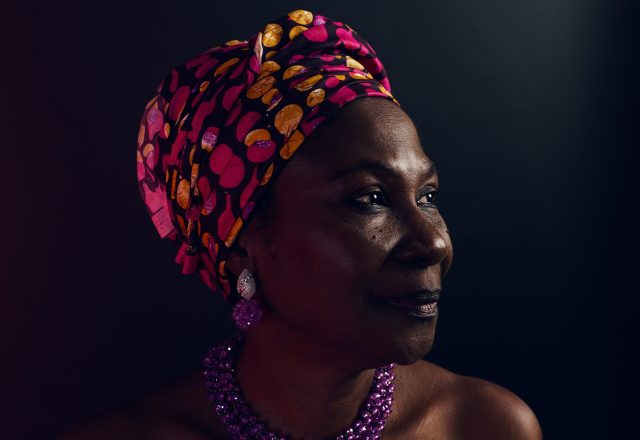Black History Month, an annual observance in February in the United States, stands as a pivotal period for acknowledging and celebrating the profound impact of African Americans throughout history. This dedicated month serves as a platform for honoring the achievements, resilience, and struggles of the Black community. Examining the importance of Black History Month requires an exploration of its origins, development, and its enduring relevance in shaping the narrative of American society.
Historical Background
The roots of Black History Month extend to the early 20th century when Dr. Carter G. Woodson, a historian and scholar, founded the Association for the Study of Negro Life and History in 1915. Driven by the need to rectify the underrepresentation of Black accomplishments in mainstream historical accounts, Woodson established Negro History Week in 1926, selecting the second week of February to coincide with the birthdays of Abraham Lincoln and Frederick Douglass.
Transformation into Black History Month
Over time, Negro History Week underwent a transformative evolution, officially becoming Black History Month in 1976, as recognized by President Gerald Ford. This expansion from a week to a month marked a significant stride in providing a more extensive platform to acknowledge the extensive influence of African Americans on American history. Black History Month has since evolved into a vital component of the nation’s cultural calendar, fostering awareness, education, and discourse about the Black experience.
Educational Significance
An essential role of Black History Month is the promotion of education and awareness. Schools, universities, and various institutions utilize this month to emphasize the achievements and challenges of African Americans, ensuring their contributions are integrated into the broader curriculum. This intentional focus on Black history combats historical omissions and challenges prevailing narratives that have marginalized or overlooked the experiences of Black individuals.
Cultural Observances
Beyond its educational aspect, Black History Month has become a time for cultural observances that spotlight the rich heritage and diverse contributions of the Black community. Cultural celebrations, including art exhibitions, musical performances, and literary readings, amplify the voices and talents of African Americans. These events not only instill pride within the Black community but also foster cross-cultural understanding and appreciation.
Acknowledgment of Accomplishments
Black History Month serves as a reminder to acknowledge the achievements and breakthroughs made by Black individuals across various fields. From science and technology to arts and sports, African Americans have played pivotal roles in shaping the nation’s progress. The emphasis on these accomplishments during Black History Month is not solely about recognizing past achievements but also about inspiring future generations to pursue their dreams, regardless of racial barriers.
Challenges and Continued Relevance
Despite the strides made by Black History Month in addressing historical oversights, challenges persist. The ongoing necessity to integrate diverse perspectives into the broader historical narrative remains crucial. Additionally, the month prompts conversations about contemporary issues such as racial inequality, social justice, and systemic racism. Its relevance extends beyond history to encompass the ongoing struggle for equality and justice.
Conclusion
In conclusion, Black History Month serves as a period for reflection, education, and celebration. It offers an opportunity to honor the achievements and resilience of the Black community, recognize their contributions to American society, and address the ongoing challenges they face. As we commemorate this month, let it serve as a catalyst for fostering understanding, dismantling stereotypes, and building a more inclusive and equitable future for all.

















